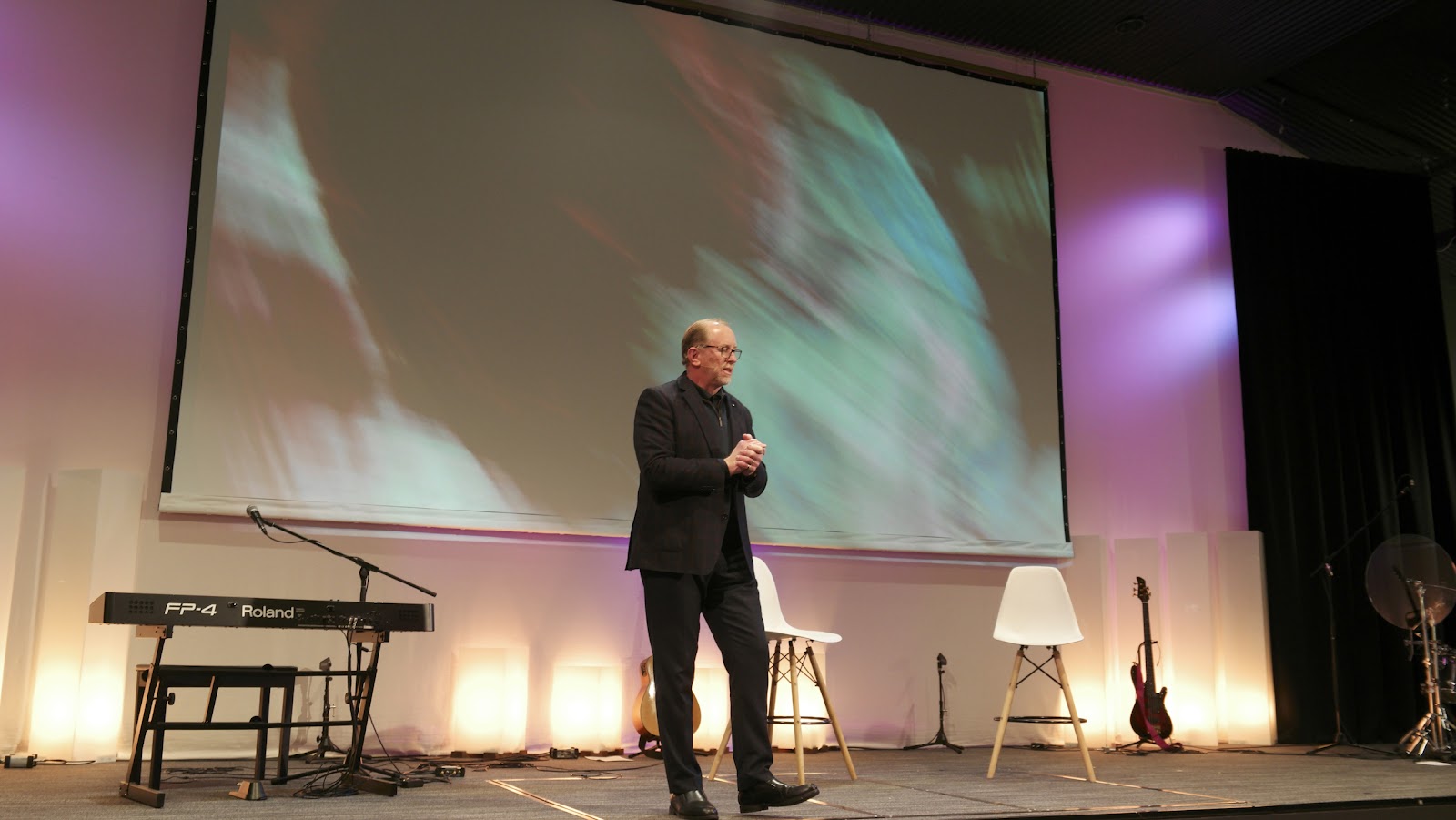The 2015 movie Solace, directed by Alfonso Poyart, was released in 2016, and stars Anthony Hopkins, Jeffrey Dean Morgan, Abbie Cornish, and Colin Farrell. This movie was pitched as a science-fiction film, which I initially found to be intriguing, because it involves a contemporary setting (rather than the usual futuristic setting which many sci-fi movies are), no aliens, and no robots trying to take over the world, just a couple of detectives and a consultant trying to solve a murder. The FBI consultant, Dr. John Clancy, played by Sir Anthony Hopkins, is called upon by Agent Joe Merriwether (Jeffrey Dean Morgan) to assist the FBI psychologist Katherine Cowles (Abbie Cornish) in solving this crime. Yet from the outset, we discover that Clancy and Cowles are unlikely to be willing to work together - and this is where the science fiction becomes apparent.
THE CONTRIBUTION OF ANTHONY HOPKINS
I suspect Anthony Hopkins (December 31st 1937 - ) is in the enviable position for an actor that he gets to choose which roles he wishes to accept. And based on the actor’s most recent starring roles, he must have a lot to choose from. And when one considers the types of movies that Sir Anthony has selected there is an interesting golden thread through this particular selection including:
Solace - John Clancy (2016),
The Two Popes* - Pope Benedict XVI (2019),
The Father - Anthony Evans (2020),
One Life* - Nicolas Winton (2023)
Freud’s Last Session - Sigmund Freud (2023)
Mary* - King Herod (2024)
This is not an exhaustive list of Hopkin’s movies, but this selection reveals a consistent supernatural and ethical thread through this particular selection. Half of this selection are true stories.* The movie I am commenting on, Solace, is not a true story but it is an example of Hopkins choosing to do a film which has supernatural and ethical themes which was oddly presented as science fictions by the producers.
ABOUT SOLACE
How is Solace a supernatural-ethical movie? Dr. John Clancy is a man living with a dark secret which comes to haunt him with his reengagement as an FBI homicide consultant. Clancy is a deeply spiritual man who has spent most of his life as a physician working with the dying, whom the FBI regard as psychic with his ability read people and situations. This ability was perhaps heightened after the unfortunate death of his only child, his daughter, Emma. Katherine Cowles, the FBI psychologist is a sceptic and materialist who finds the invitation of Joe Merriwether for Clancy to be involved in this homicide case to be pointless. But as Cowles and Clancy spend time together investigating this murder she becomes aware that he is rather unusual with his ability to detect and see things that others can not. She then challenges Clancy to tell her what he sees when he looks at her. Clancy’s insights into her previously secretive past stuns her.
The case they are working on together leads them to finally track down the serial killer in the hope of preventing him from killing again. As they eventually trap the murderer, what happens is a significant twist where it is revealed that it was not only Cowles who was carrying a painful secret. The lead FBI detective, Joe Merriwether, was also carrying a painful secret - a secret which only Clancy had perceived. As the murderer is caught by Clancy's clever perception of his next move, we then learn that Charles Ambrose (Colin Farrell) also had a dark secret which Clancy had failed to perceive. But what no-one had perceived was that Clancy was carrying an immensely painful secret that had also contributed to the temporary estrangement from his wife. The irony of his secret is only grasped after his exchange with Charles Ambrose, the murderer, by attempting to explain to him that killing people is not a merciful act, and definitely not a compassion one. Clancy speaks to him as an experienced physician who has been at the bedside of numerous dying patients and tries to help to understand that in a person’s final moments there is a lot of what I might call ‘soul-cleansing’ that happens as a patient settles accounts with those they may had haboured unforgiveness toward and is able to share their final moments conveying their love for those closest to them. But Ambrose is fatally indifferent to Clancy’s admonitions.
I appreciated this movie’s ‘science fiction’ label and it’s profoundly connotative presentation of the unmeasurable value of human life and why our final moments in natural death are sacred. I am aware that the subtleties of such connotative messaging may be lost on most viewers of Solace but I think that many people who appreciate their ethical instructions wrapped in fantasy will find this movie much more than just entertaining - and perhaps even heart-warming.
Dr. Andrew Corbett















